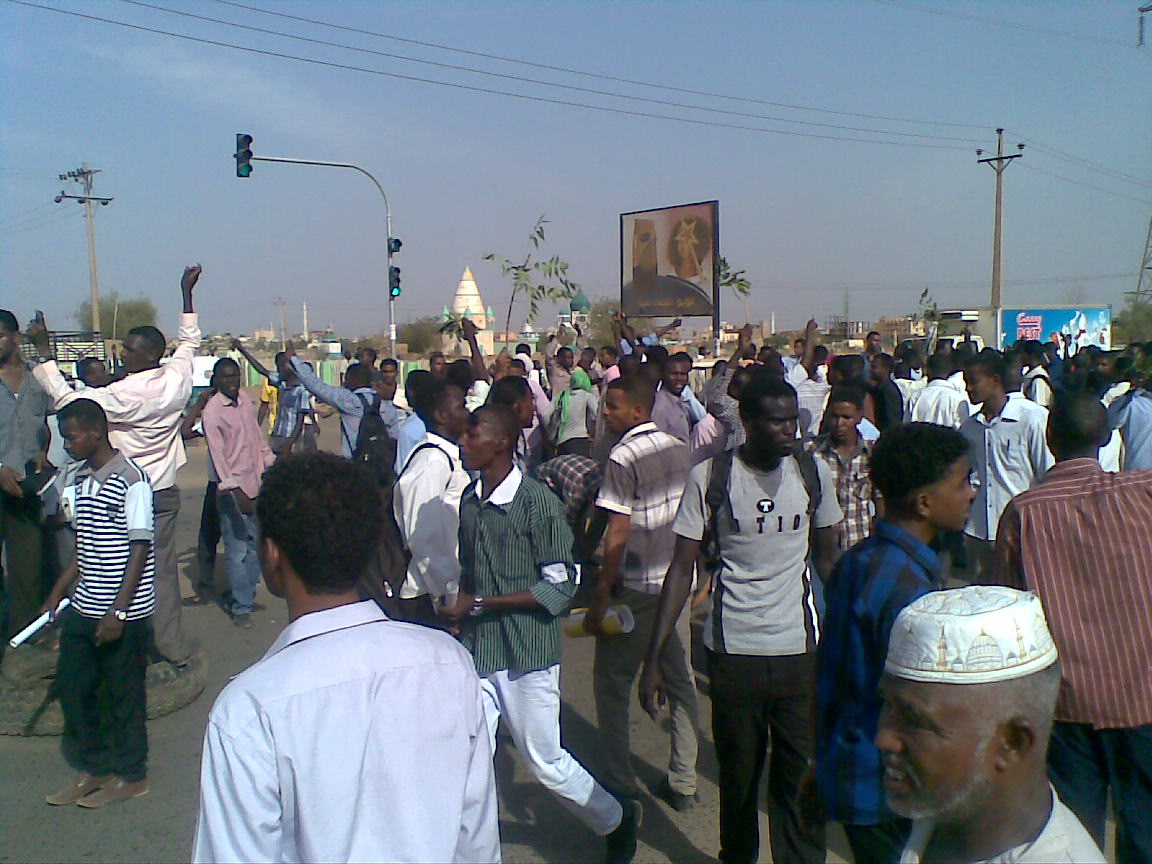The absence of youth from Egypt’s parliamentary elections has been observed in the different polling stations across governorates, in comparison to a high turnout among the older segments.
In Nasr El-Din Primary School, in the district and constituency of Omraneya, Giza, judges in polling stations said the turnout slightly increased on the second day, but in general participation rates were no different than the first day of elections, saying nearly 220 out of 2,460 registered voters participated on both days.
“The majority were the elderly,” the judge said. In this polling station, there was one 30-year-old woman and one 43-year-old man, compared to a dozen elderly.
In the local media, the disinterest of the youth towards taking part in the elections is often as attributed to them not perceiving any changes since the revolution, and not believing that their participation would affect any change.
In visiting some polling stations over the two days of elections Sunday and Monday, most of the young people Daily News Egypt spoke to turned out to be members of electoral campaigns for political candidates.
In the Al-Kholafaa Al-Rashedeen School, Mohamed Khaled, 19, told Daily News Egypt that he was keen on participating in elections because he was among those who participated in the 25 January Revolution, and was even injured then. “That is why I believe I am entitled to parliamentary representation and I chose a young candidate for that,” he said.
Khaled also said he chose an army general who has a “good reputation” in the neighbourhood. However, as he spoke, a few young men standing a short distance away shouted: “He is a representative like all of us, not a genuine voter.”
Daily News Egypt addressed two of them to find out more. “Let me tell you what is happening and I hope that you will really write it the way it is. I am here because I am unemployed and being part of a candidate’s campaign as a representative in polling stations is an opportunity for me to make extra money,” said 23-year-old Islam Emad.
Emad was accompanied by 29-year-old Mohamed Abdel Wahab, who was in turn representing another candidate. “She is the principle of the school I work in, so here I am, doing my job as part of her campaign,” Abdel Wahab stated.
He added that the local media was not honestly covering youth in the elections and asserted that “the youth was absent from the elections”.
“Also, the media is saying that Muslim Brotherhood members are preventing voters, but this is not true, people are voluntarily abstaining from participating,” Abdel Wahab concluded.
Emad said he has been observing voters and observed that people “are completely lost and do not understand anything; many are illiterate which creates opportunity to direct their votes”.
Emad admitted that on one occasion, when he saw a representative of a rival candidate telling a voter whom to select, he interfered and influenced the voter in favour of his candidate. “I felt guilty for doing that, and I am not sure if this is ‘clean’ money,” he said.
Meanwhile, in the same school, two young sisters spoke to Daily News Egypt about their interest in voting. They were not supposed to vote in the same school, but after the older one, 22, finished, they were heading to another school where the younger one, 18, was going to vote.
They said that they believed the parliament was important and that they had aimed to choose candidates that are neither businessmen, nor have they previously held important positions in the state.
“The parliament is supposed to have a monitoring role of the government, and those candidates often have double standards and will not be able to do so due to conflict of interests,” said the older sister.
She added that she chose “an army general” because of expectations of discipline and courage to speak up, and that in Omraneya, candidates were known by reputation, including those who are known for being “drug dealers”.
There are 19 individual candidates in the Omraneya constituency, seven of which belong to political parties, including the Al-Nour, Guards of the Nation, Al-Wafd, the Conference, and the Egyptian Social Democratic Parties.


